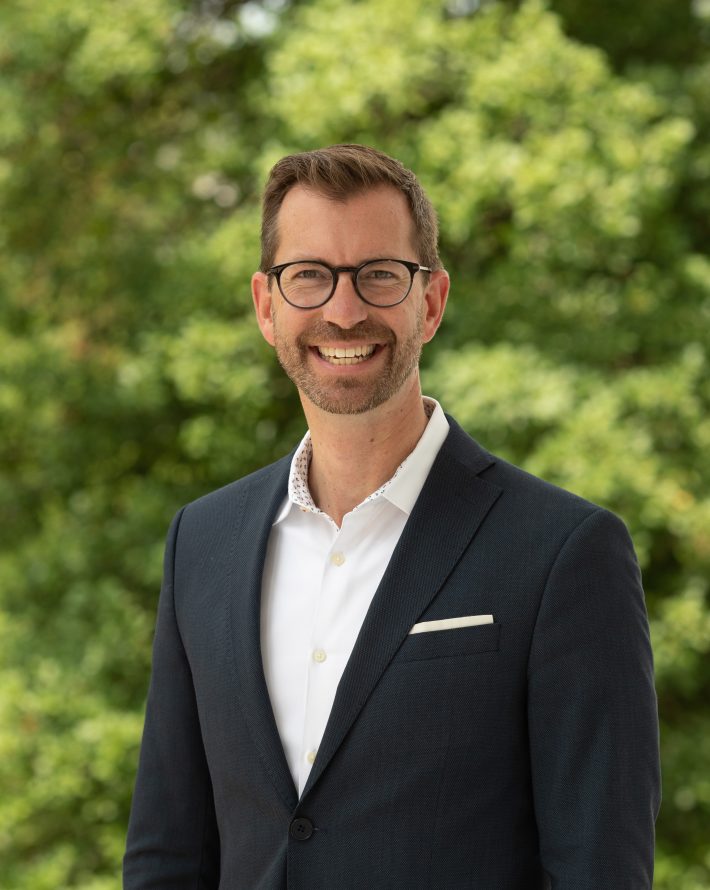Brent C. Talbot, PhD, 2011
Brent C. Talbot has been a leading voice for change in the field of music education. A prolific author and frequent presenter, Talbot’s work examines power, discourse, and issues of justice in varied settings for music learning around the globe. He is the editor of one of the best selling books in music education, Marginalized Voices in Music Education (Routledge), the curator of an indigenous-centering resource, Gending Rare: Children’s Songs and Games from Bali (GIA), and a co-author of the acclaimed book Education, Music, and the Lives of Undergraduates: Collegiate A Cappella and the Pursuit of Happiness (Bloomsbury). Over the past decade, Talbot has published over 25 articles and book chapters with leading journals and publishing companies and has delivered over 125 presentations on topics that promote equity and inclusion and diversify approaches in music learning and teaching. He serves on the steering committees of leading national and international organizations in music education and on multiple research and editorial boards throughout the globe. Since completing his graduate work at Eastman, Talbot has been the coordinator of the highly successful music education program at the Sunderman Conservatory of Music at Gettysburg College. He also serves as the artistic director of the Gettysburg Children’s Choir, a choir serving the populations of South-Central Pennsylvania, and is founding director of Gamelan Gita Semara, an Indonesian instrumental ensemble that is frequently invited to perform at music festivals around the world and regularly booked for artist-in-residency programs at institutions across the mid-Atlantic region. For more information about Talbot and the work he does at the intersections of music education and ethnomusicology, visit his website: www.brentctalbot.com.
“My diverse teaching and research interests were cultivated and encouraged by the excellent advisors and mentors I had at Eastman. I stand on the shoulders of giants like the late Dr. Susan Conkling, Drs. Donna Brink Fox, Ellen Koskoff, Louis Bergonzi, Richard Grunow, and Chris Azzara who all provided a strong foundation for me to help others become great teachers and change agents in the world. During my time as a graduate student I taught choir and general music in the Rochester City and Webster school districts, worked for the Eastman Community Music School, rounded out my education with coursework in Ethnomusicology as well as courses on justice and equity at the Warner School of Education at the University of Rochester, and studied different musical traditions such as Balinese gamelan, Karnatak and Hindustani music, mbira, hammered dulcimer, and shape-note singing. There is no greater place for studying music in North America. I attribute a great deal of my success to the Eastman network and the continued support and mentorship provided by the faculty with whom I collaborated.”
